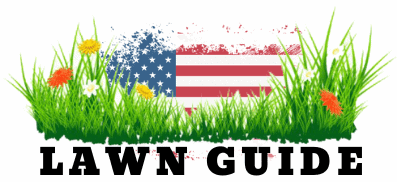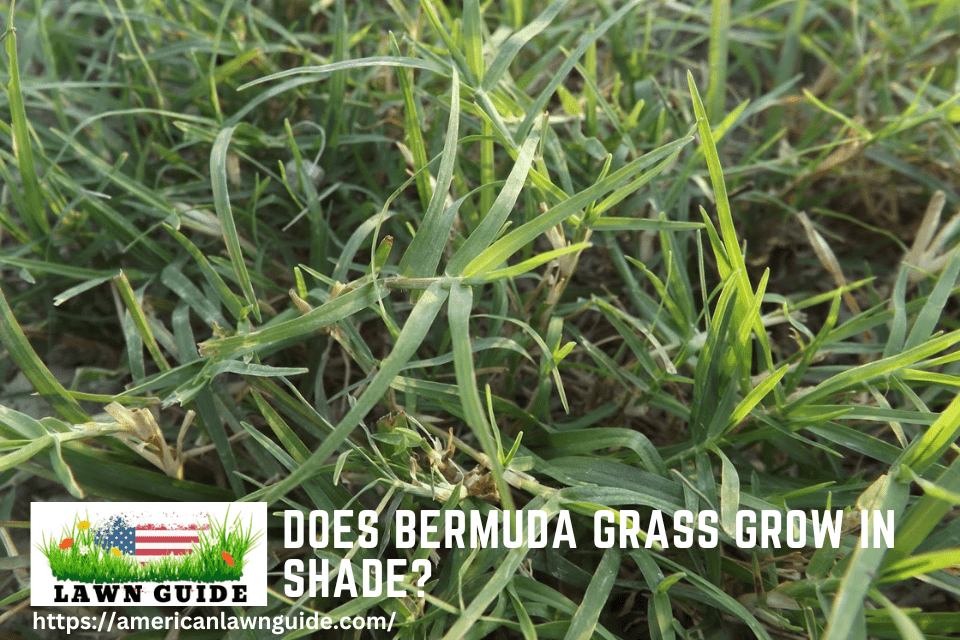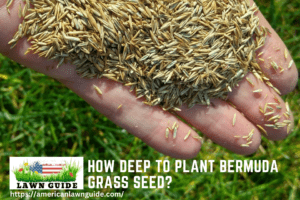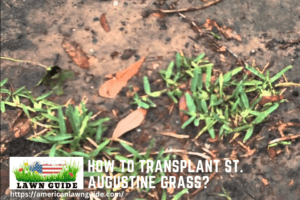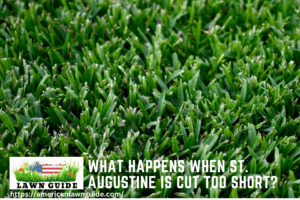No, Bermuda grass does not grow well in shade. It is a warm-season grass that needs full sun to thrive. If you have an area of your lawn that gets partial sun or shade, you should consider planting a different type of grass that is more tolerant of those conditions.
Bermuda grass is a versatile and hardy lawn grass that can tolerate a wide range of growing conditions. It is commonly used in warm climates, but can also be found in cooler regions as well. Bermuda grass will grow in both full sun and partial shade, although it will be more lush and green in areas that receive more sunlight.
If you have a shady spot in your yard that you would like to turn into a lawn, Bermuda grass may be the perfect choice for you!
Will Bermuda Grass Grow in the Shade? – Warm Season Turf Tips
How Much Shade is Too Much for Bermuda Grass?
Bermuda grass is a warm-season turf grass that thrives in full sun. It can tolerate some shade, but too much shade will cause the grass to thin out and become less vigorous. If you have a Bermuda grass lawn that is shaded by trees or other structures, you may need to provide supplemental light with artificial lighting such as fluorescent bulbs or metal halide lamps.
You may also need to reduce the amount of fertilizer you apply, as too much nitrogen will encourage leaf growth at the expense of root growth.
What Kind of Bermuda Grass Will Grow in Shade?
There are many types of Bermuda grass, but not all of them will grow in shade. Some common Bermuda grasses that will grow in shade include:
- Tiftway 419 Bermuda Grass
- Tifton 10 Bermudagrass
- Midland 99 Bermudagrass
- Yuma Bermudagrass
- Brazos Bermudagrass
Each of these Bermuda grasses have different characteristics, so it is important to choose the one that is best suited for your needs. For example, Tiftway 419 is a common choice for golf courses because it has a high tolerance to traffic and wear.
It is also quite drought tolerant. On the other hand, Brazos bermudagrass is often used for pastures since it is very palatable and nutritious for livestock.
How Do You Grow Bermuda Grass in Shady Areas?
Bermuda grass is a warm-season grass that grows best in full sun. It can tolerate some shade, but it will not grow as well in shady areas. If you want to grow Bermuda grass in a shady area, you will need to provide extra care and attention to make sure it gets enough sunlight.
Here are some tips for growing Bermuda grass in shady areas:
Choose a sunny spot: When choosing a location to plant your Bermuda grass, make sure to choose a spot that gets plenty of direct sunlight. The more sun the better!
- Prune trees and shrubs: If there are any trees or shrubs nearby that are blocking sunlight from reaching your Bermuda grass, prune them back to allow more light through.
- Fertilize regularly: Be sure to fertilize your Bermuda grass regularly with a high-quality fertilizer specifically designed for warm-season grasses. This will help ensure that it gets the nutrients it needs to thrive despite being in a less than ideal location.
- Water deeply and evenly: Make sure you water your Bermuda grass deeply and evenly throughout the growing season. This will help prevent it from drying out or getting stressed due to lack of moisture.
- Mow high: When mowing your Bermuda grass, be sure to set the blade at a higher setting than you would for other types of turfgrass.
Will Bermuda Grass Grow under a Tree?
Bermuda grass is a warm-season turfgrass that thrives in full sun and high temperatures. It’s a common choice for lawns, golf courses, and sports fields. But can this tough grass grow under a tree?
The answer is yes, but it’s not easy. Bermuda grass needs at least six hours of direct sunlight per day to stay healthy and green. If your tree is shading the ground too much, the grass will start to thin out and turn brown.
To give the grass a fighting chance, you’ll need to do some pruning. Trim back any branches that are blocking sunlight from reaching the ground. You may also need to remove some of the tree’s leaves in fall to allow more light through during winter months.
With proper care, Bermuda grass can prosper even in shady areas. Just be prepared to put in a little extra work to keep your lawn looking its best.
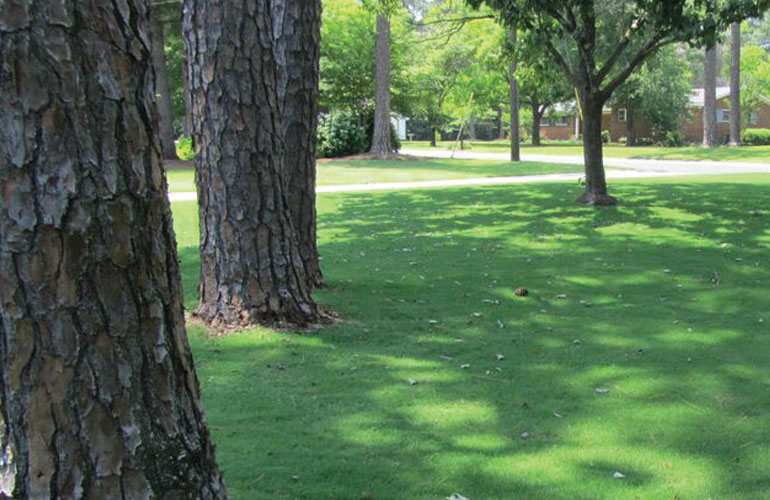
Does St Augustine Grass Grow in Shade?
If you’re looking to add some greenery to your shady yard, you may be wondering if St. Augustine grass will grow in shade. The answer is yes! This popular turfgrass is tolerant of low light conditions, making it a good option for those with less-than-ideal sun exposure.
While St. Augustine grass will grow in shade, it’s important to note that it won’t thrive in these conditions. The grass will likely be thinner and have fewer blades than its counterparts growing in full sun. It’s also more susceptible to diseases and pests when grown in shade.
If you’re considering adding St. Augustine grass to your shaded yard, be sure to give it plenty of room to spread. This grass can spread rapidly, so make sure you leave enough space for it to fill in without crowding out other plants. Also, be prepared to water regularly and fertilize regularly to help the grass reach its full potential.
Best Bermuda Grass for Shade in Texas
As far as Bermuda grasses go, there are a few that do well in shady areas. For example, ‘Tifway’ Bermuda is known to be one of the best for shade tolerance. It’s a common choice for golf courses and lawns because it can handle low light conditions without losing its color or quality.
Other types of Bermuda that do well in shade include ‘Yukon’ and ‘ Riviera.’ All of these varieties have been bred to be more tolerant of shady areas than the traditional Bermuda grasses. If you’re looking for a good option for your shaded lawn or garden, one of these might be the right choice for you.
Does Zoysia Grass Grow in Shade
Zoysia grass is a warm-season turfgrass that is commonly used in lawns, golf courses, and other turf areas. It is known for its ability to tolerate heat and drought conditions. Zoysia grass can also be grown in shady areas, but it may not thrive as well as it does in full sun.
Shade tolerance is an important consideration when choosing a turfgrass for your lawn or landscape. If you have an area of your yard that doesn’t get much sunlight, you’ll want to choose a grass that can tolerate low light conditions. Zoysia grass is a good option for shady areas because it doesn’t require as much sun to thrive.
While zoysia grass will grow in shade, it’s important to remember that this turfgrass is best suited for full sun conditions. If you have a shady area that you’re looking to turf, you might want to consider another type of grass that is more tolerant of low light levels.
Conclusion
No, Bermuda grass does not grow in shade. It is a warm-season grass that thrives in full sun. If you have an area of your lawn that is shaded by trees or other structures, you’ll need to choose a different type of grass for that spot.
